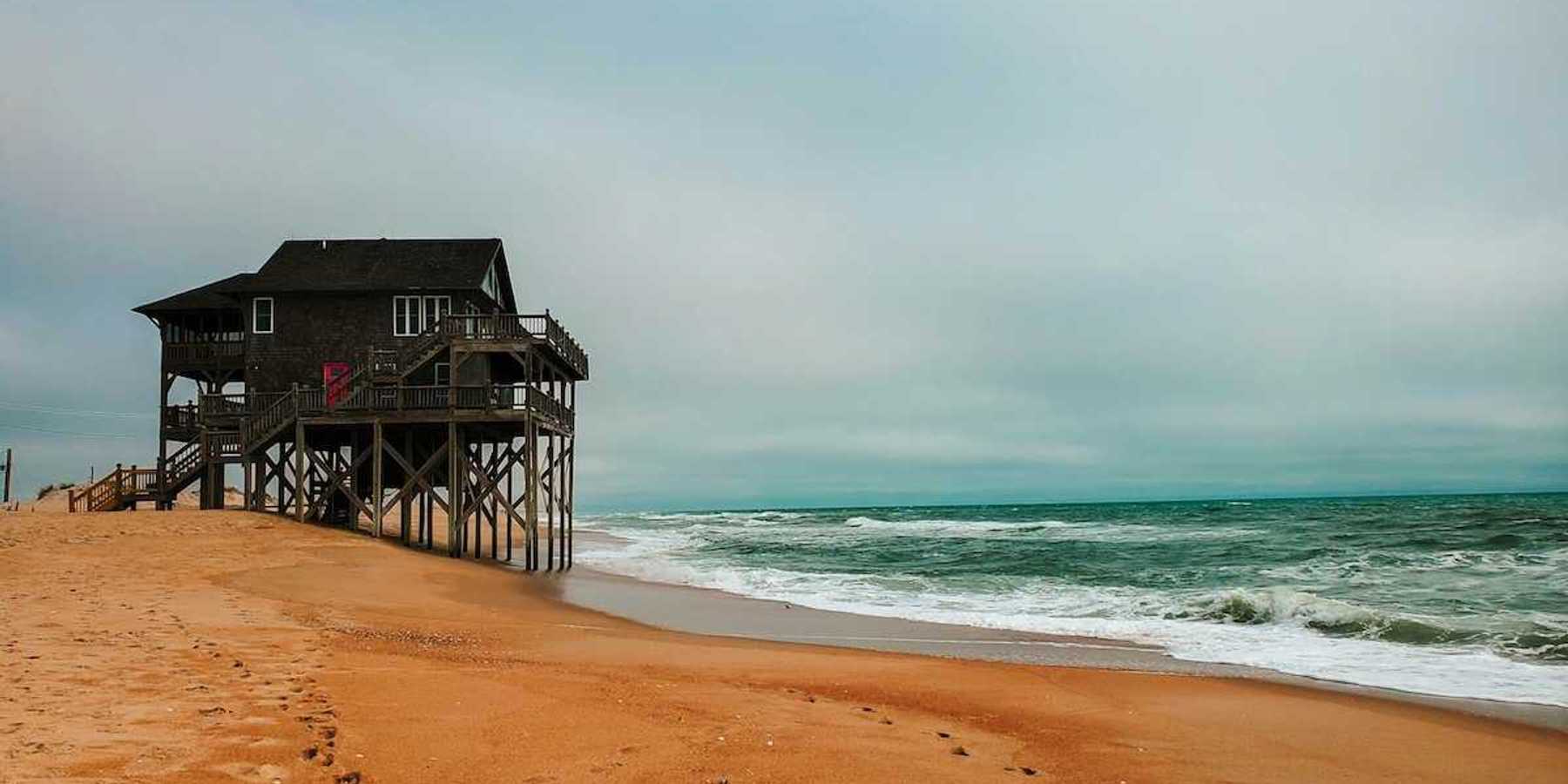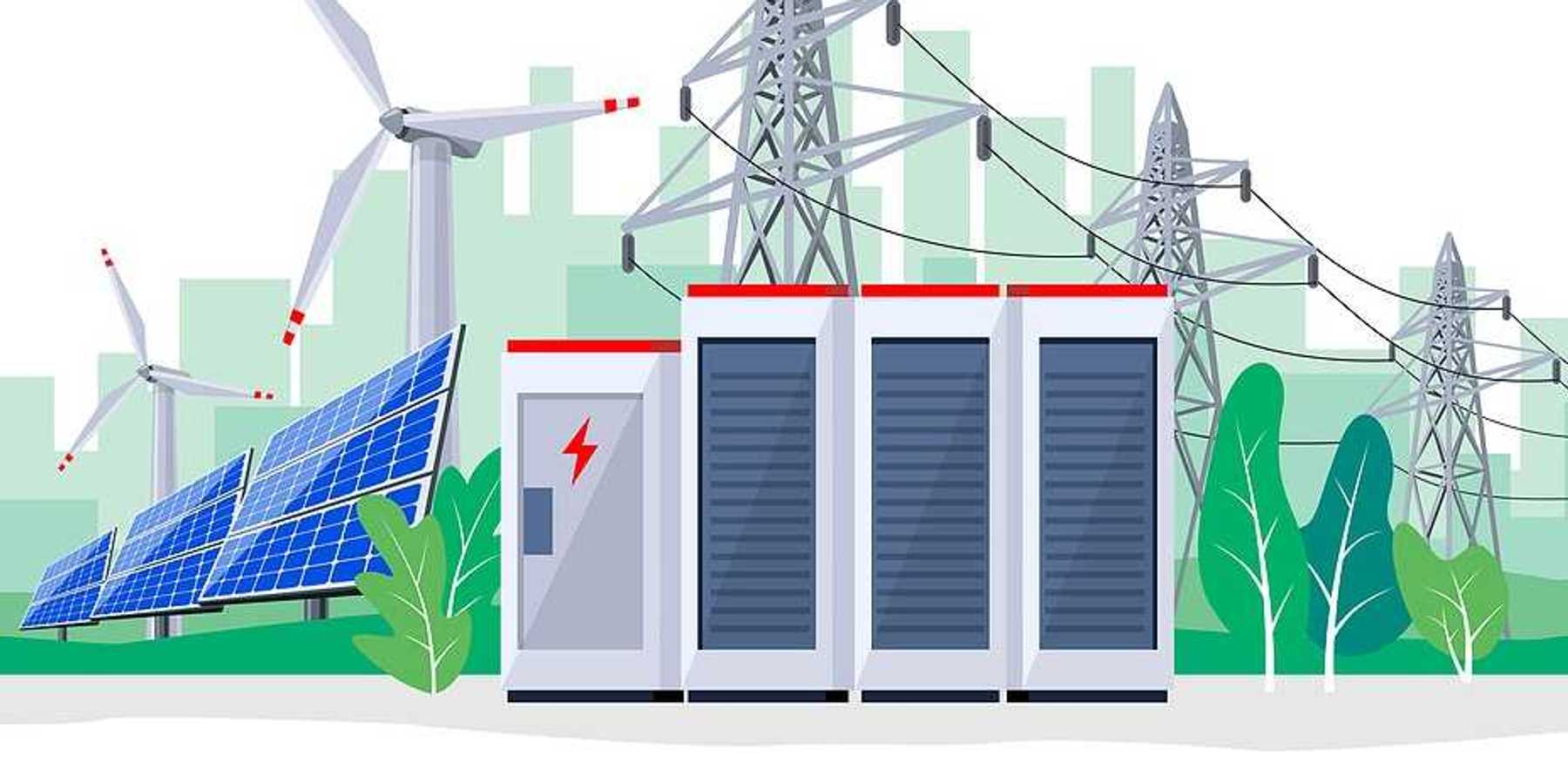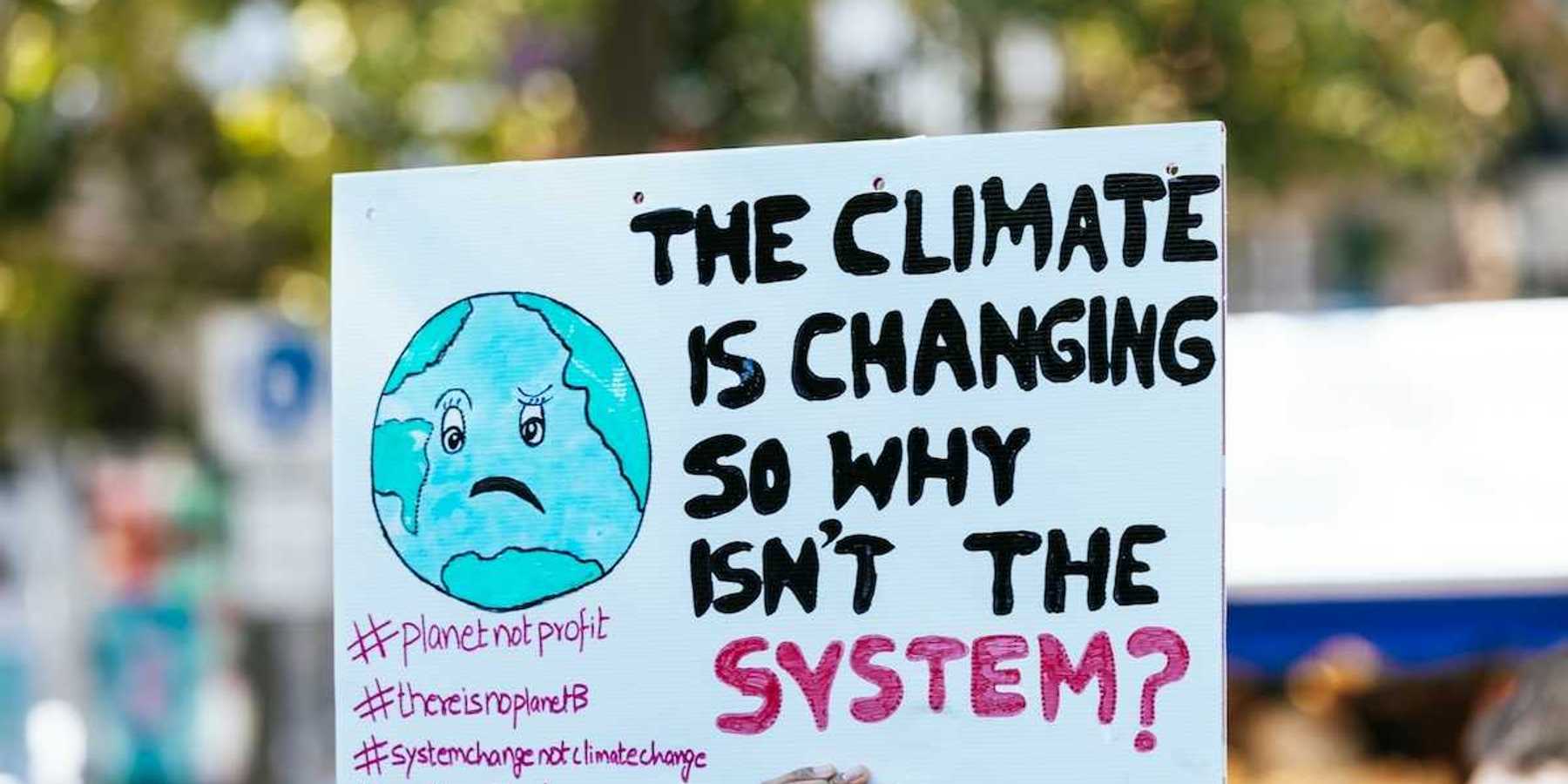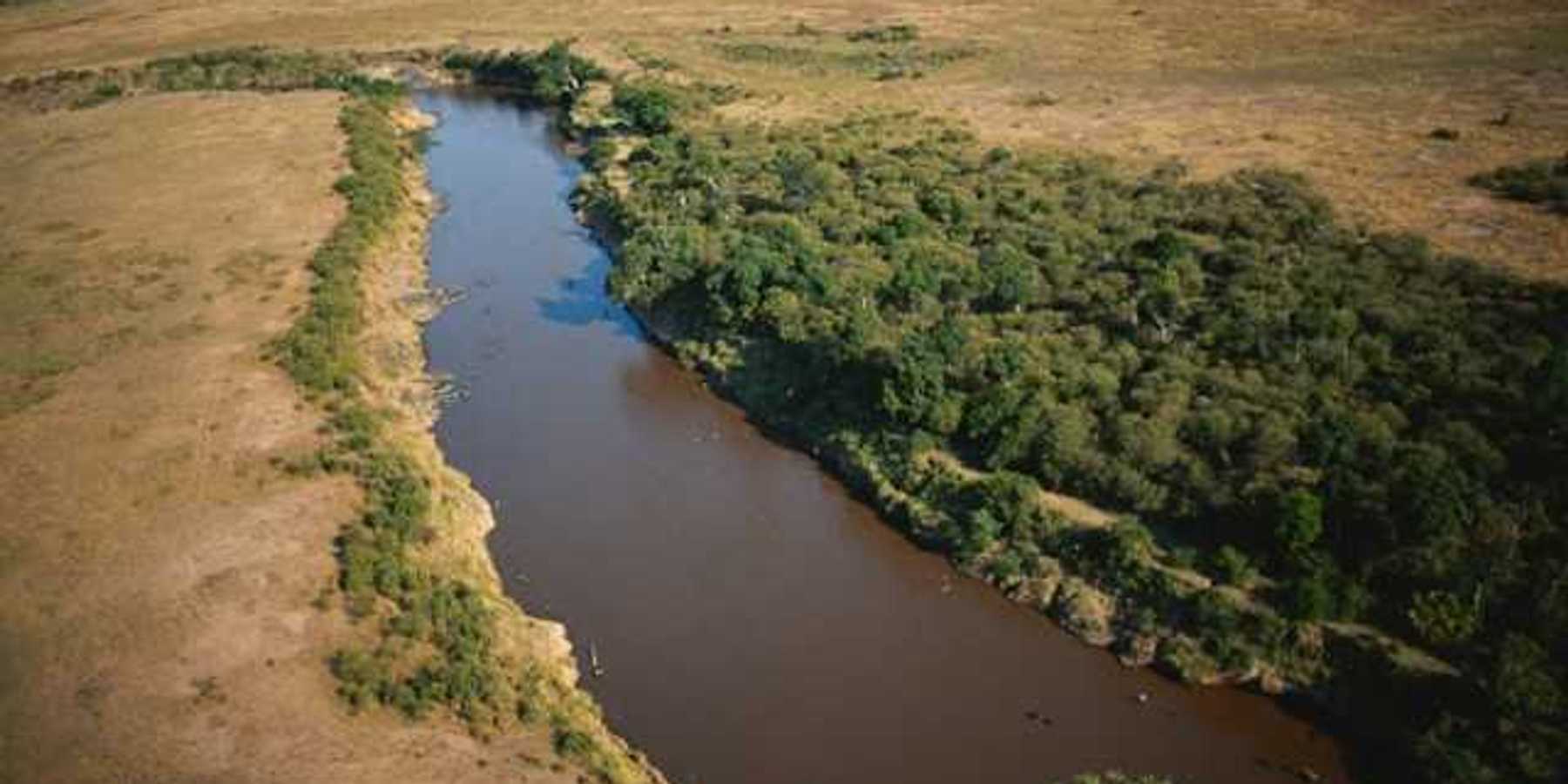Turning lawns into microfarms helps Los Angeles families conserve water and grow fresh food
As Los Angeles faces water scarcity, some residents are swapping grass lawns for front yard farms, creating lush mini-oases that provide fresh produce to local families.
Cara Buckley reports for The New York Times.
In short:
- In Los Angeles, Crop Swap LA founder Jamiah Hargins has transformed front lawns into microfarms, producing vegetables for nearby families and using significantly less water than traditional lawns.
- Hargins’ nonprofit uses advanced irrigation systems, solar power, and rainwater catchment, allowing three microfarms to feed 80 families weekly with sustainable, organic produce.
- Despite funding challenges, Crop Swap LA’s local impact is growing, with a 300-person waitlist for garden transformations and plans to expand further.
Key quote:
“We’re housing nature and we’re feeding families.”
— Jamiah Hargins, founder of Crop Swap LA
Why this matters:
Transforming lawns into microfarms promotes food security, supports sustainable agriculture, and addresses water conservation. As Californians look for ways to adapt to drought and climate change, these tiny urban farms might offer one of the simplest, most hands-on solutions—reshaping how we use our front yards and, in the process, rethinking our role in the food system. Read more: Ashley Gripper on growing food to fight systemic oppression.













